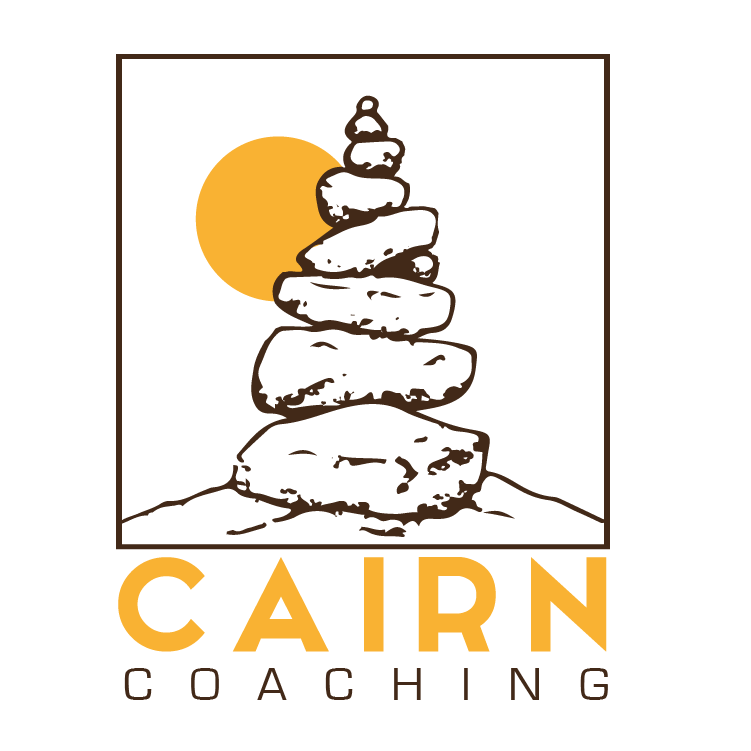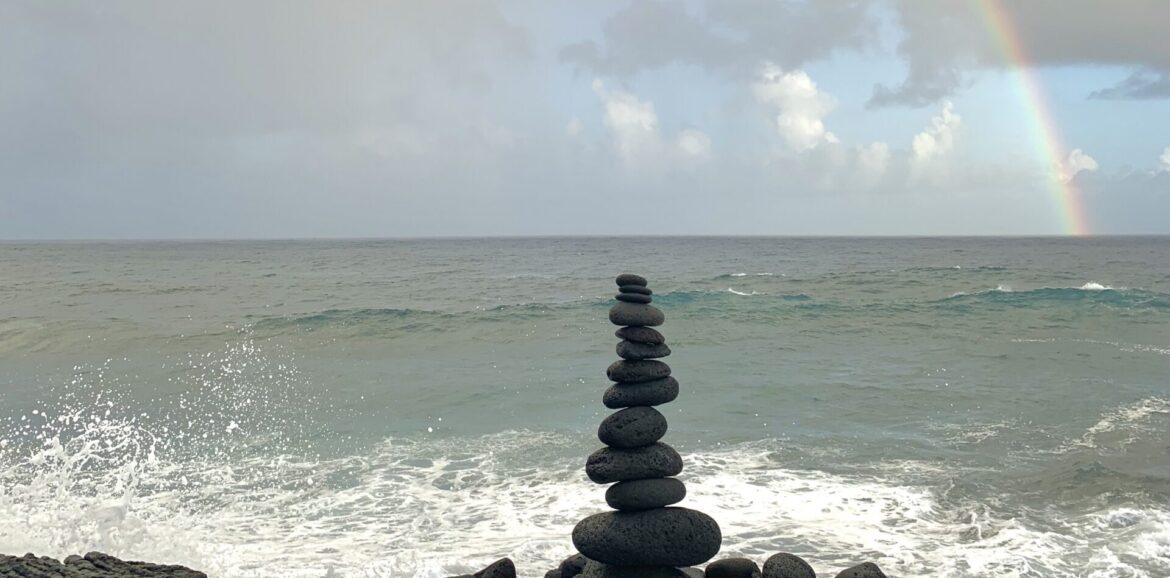Why CAIRN?
“Before we all started carrying cell phones or GPS units, cairns provided a timeless means of communication. They say: ‘You are here. You are not alone!’”
— David B. Williams, Cairns: Messengers in Stone
As a cancer patient, caregiver, or medical professional, you may feel overwhelmed by daily struggles and stressors. Life is hard. Self-care is neglected. Your identity may feel overshadowed by your disease (for the cancer patient), your loved one (for the caregiver), or your work (for the medical professional.) You’ve forgotten who you are. You’ve forgotten how to care for yourself.
A health and wellness coach (or simply “health coach”) can serve as a guide on your journey. By partnering with a health coach, you experience the powerful message that you are not alone. Connecting with a coach and with a deeper community of past, current, and future fellow travelers cultivates and inspires resilience. These experiences positively influence your narrative to create one of resilience.
“The first is communication, for cairns are arguably one of humanity’s earliest ways of sharing information. The second is connection, in that people often build a cairn or add a stone to one as a means of connecting to place, history, or family. And, finally, cairns are a sign of community, of travelers, of hikers, of explorers; each time we build one or rely on one we are bonding with those who came before and will come later.”
— David B. Williams, Cairns: Messengers in Stone
Are you living with Neuroendocrine Cancer (Neuroendocrine Tumor or NET)?
Health coaching is an opportunity for you to invest time and energy in self-care by going through a personal journey of change with a health coach as a guide. To be clear, coaching is not about seeking or receiving medical advice, nor is it therapy. The role of the health coach is not to give advice, prescribe a plan, or tell you what to do. Instead, health coaching is a personal journey of making positive behavioral change toward self-care with a coach as a guide. The focus is not on disease management or treatment but rather, the focus is on improving your quality of life. The coach guides you in defining and clarifying your health and wellness goals and help you move toward those goals in an incremental, manageable way.
While the NET journey may be unpredictable with factors outside of the patient’s control, you can choose to work on lifestyle choices within your control that may include nutrition, movement, sleep/rest, mind-body connection, spirituality, environment, or relationships, just to name a few. Through this process, you gain the knowledge, skills, and confidence to make lasting and positive behavioral choices.
Are you caring for a loved one with cancer?
It’s often easy to neglect your own self-care due to the stress and responsibilities of being a caregiver. Well-meaning friends and family might tell you, “Remember to take care of yourself.” As a caregiver myself, I find myself smiling politely but internally cringing when people tell me this. How is this even possible when we caregivers juggle so much? Yet, we also know it’s crucial to take care of ourselves in order to be able to better take care of our loved one. [The last sentence is hard to read. How about “Yet, we also know taking care of ourselves is crucial in order to take better care of our loved one?”] Self-care is part of our job as a caregiver!
It’s also easy to forget who you are and what matters to you, because your life now centers around your loved one with cancer. You tell yourself that he/she matters most to you. You tell yourself you’ll focus on yourself once you get through this season. At the same time, being a cancer caregiver is often more like a marathon than a sprint. It helps to have a safe space that is your own, a place to focus on what matters to you, where you can work on your own goals.
Are you a medical professional?
It’s no surprise that burnout is at an all-time high for medical professionals. Rising pressures and compounding stressors have led to increases in physician suicide, early burnout, and job/career dissatisfaction. You get this, and you know you need to take care of yourself so you can take care of your patients. Still, it’s challenging to build healthy routines into your incredibly busy life. Perhaps you’re contemplating the need to focus on your own self-care before you suffer the consequences of stress and burnout. You’re looking for someone who understands, someone who can help you find balance and integrate self-care routines. I can help!

